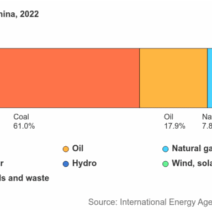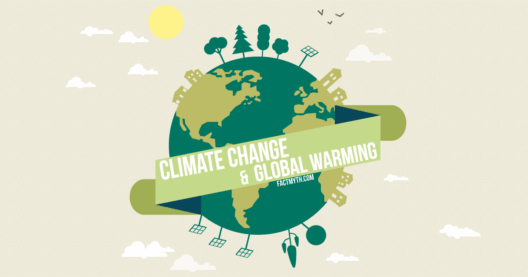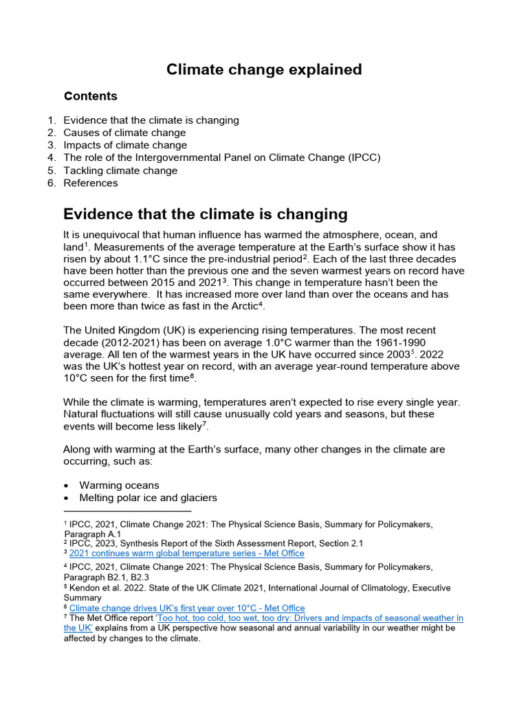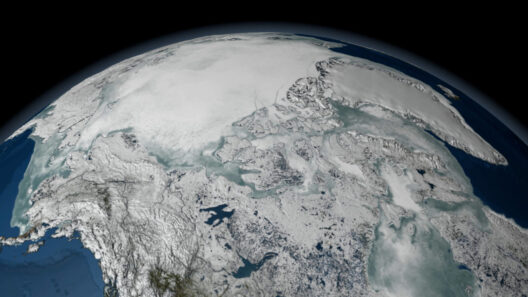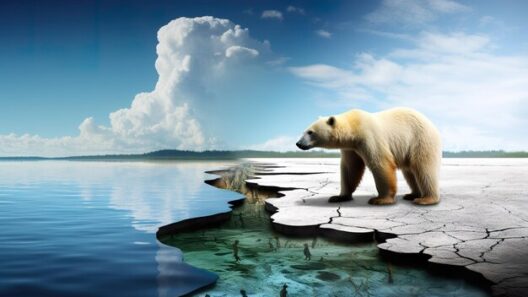As the world grapples with unprecedented changes to its climate, the discourse surrounding global warming has become increasingly polarized. The questions that arise—Is global warming real? What causes it? Are we facing an existential threat?—demand a careful parsing of facts from fiction. This article endeavors to clarify the intricacies of global warming, its causes, and the implications for both our planet and society.
To embark on this journey, one must first delve into the foundational science behind climate change. The greenhouse effect, a natural phenomenon, is critical to understanding how anthropogenic actions have transformed it into a looming threat. The Earth’s atmosphere is composed of greenhouse gases, such as carbon dioxide (CO2) and methane (CH4), which trap heat from the sun, thereby maintaining temperatures conducive to life. However, human activities, particularly the burning of fossil fuels and deforestation, have exacerbated these emissions, leading to an enhanced greenhouse effect.
The clear and present danger posed by rising temperatures can be ignored only at our peril. Proponents of climate science utilize a plethora of data to support their claims. A pivotal piece of evidence is the increase in average global temperatures, which have risen approximately 1.2 degrees Celsius since the late 19th century. This change may seem trivial, but it has far-reaching consequences, including melting ice caps, rising sea levels, and more frequent natural disasters.
Additionally, the correlation between CO2 levels and temperature changes bears significant weight. Historical records reveal that CO2 concentrations have reached levels unseen for millions of years, directly aligning with industrial developments since the advent of the Industrial Revolution. This relationship is further corroborated by the Intergovernmental Panel on Climate Change (IPCC), which synthesizes research from the global scientific community, underscoring that a significant portion of warming since the 20th century is attributable to human activities.
Yet, despite the overwhelming consensus among scientists, skeptics persist in their assertions that climate change is exaggerated or fabricated. This skepticism often arises from misinformation, poorly interpreted studies, or ideological biases. Understanding the motivations behind these counter-narratives is essential in dissecting what can sometimes become an emotionally charged debate that obfuscates the truth.
One of the most ubiquitous myths surrounding climate change is the notion that weather fluctuations negate the reality of global warming. A particularly harsh winter or localized freezing temperatures are frequently cited as evidence against the theory. However, it is critical to understand that climate refers to long-term averages and trends, whereas weather pertains to short-term atmospheric conditions. Even in regions experiencing cold snaps, the overarching trend of increasing global temperatures persists. This misconception highlights a fundamental misunderstanding of basic climatological principles.
Transitioning from individual misconceptions to more systemic issues, it is essential to appreciate the larger ramifications of inaction. Climate change is not a distant threat; its effects are currently manifesting in various ways, from devastating droughts and wildfires to catastrophic hurricanes and floods. Nations worldwide are already incurring significant economic costs due to damage from climate-related disasters, not to mention the imposition on human health and wellbeing. The potential for large-scale displacement caused by rising sea levels is another alarming consequence, as millions may be forced to relocate, igniting geopolitical tensions and straining resources.
The path forward must transcend mere acknowledgment of the problem. The climate crisis presents an opportunity for innovation and societal transformation. Embracing green technologies can not only mitigate emissions but also stimulate economic growth through the creation of renewable energy jobs. By investing in solar, wind, and other sustainable energy sources, nations can wean off fossil fuels and reduce their carbon footprints exponentially. This transition is not just about environmental stewardship; it’s about envisioning a sustainable future for generations to come.
Equally imperative is the role of policy in shaping effective climate action. Local, national, and international frameworks must evolve to prioritize sustainability. Legislation aimed at regulating emissions, promoting green public transportation, and incentivizing energy efficiency will play pivotal roles in correcting the course of environmental degradation. Collaborative global agreements, such as the Paris Accord, exemplify how countries can unite towards a common goal, albeit with varying levels of commitment and execution.
However, skepticism remains a formidable obstacle in achieving widespread consensus and mobilization towards climate action. Countering this skepticism involves not only scientific education but also effective communication strategies that resonate with diverse audiences. Engaging narratives that emphasize shared human experiences and the moral imperatives of environmental stewardship can help bridge the chasm between different viewpoints. Additionally, cultivating a culture of accountability and responsibility strikes at the heart of the issue, urging individuals and businesses alike to contribute to a collective solution.
In summation, the climate debate is multidimensional, steeped in scientific rigor yet complicated by societal perceptions and misunderstandings. The distinction between fact and fiction is not merely an academic exercise but a crucial undertaking that has profound implications for the planet and future generations. Only by prioritizing education, fostering innovation, and enacting strategic policies can society hope to navigate this critical juncture. The time to confront global warming is now; the stakes have never been higher. Each of us bears a role in this unfolding narrative, and understanding the complexities of climate science is the first step towards a sustainable future.

